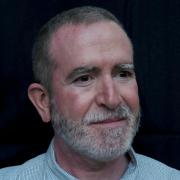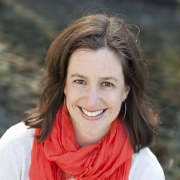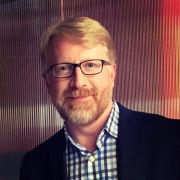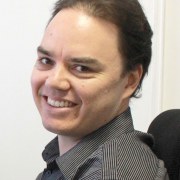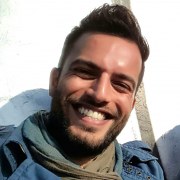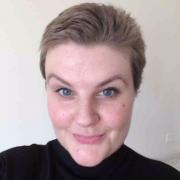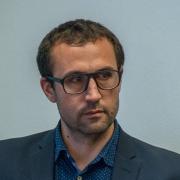Beyond fact checking: Addressing misinformation - day 1
This two-day pre-conference workshop will bring together social science researchers and the science engagement community to explore the role of science communication professionals at a moment when many worry about the prevalence of misinformation. Recent emphasis on values to the exclusion of facts challenges democratic dialogue and can impact global science and technology progress. Public understanding of climate change, public health issues like vaccination, and technologies like GMOs is complicated by the spread of misinformation. Unquestionably, science communication practitioners have a role to play, but what is that role and how much can we expect to influence the system?
The workshop will provide a space for researchers with a deep understanding of misinformation, trust in science and scientists and other relevant research fields to work together with science engagement professionals and develop practical ways forward.
A more detailed programme can be checked here.
Facilitator
Director of Scientific Mediation and Education
Director of Public Engagement with Science
Los Angeles
United States
Senior Director, Science in the Public Sphere
Session speakers
Senior Director, Science in the Public Sphere
Brian Southwell is a social scientist who directs the Science in the Public Sphere program at the nonprofit research institute RTI International and teaches at Duke University and the University of North Carolina at Chapel Hill. He is the editor of the book "Misinformation and Mass Audiences".
Salt Lake City
United States
Sara Yeo is Assistant Professor at the University of Utah. Specializing in science and risk communication, Dr. Yeo's research explores the intersection of science, media, and politics. Currently, she is interested in how emotions and humor affect the formation of public attitudes toward science and technology.
Ellis N. Brandt Professor
Michigan State University
East Lansing
United States
John Besley is a professor at Michigan State University. His work focuses on science communication and engagement and a recent paper explores the utility of various frames for discussing attacks on science and scientists.
Research Assistant Professor
Center for Climate Change Communication
John Cook is a research assistant professor at the Center for Climate Change Communication at George Mason University, researching cognitive science, with a special focus on climate change denial. He is co-author of "The Debunking Handbook".
Institute for Information Law, University of Amsterdam
Jaron Harambam works as a postdoctoral researcher at the Institute for Information Law of the University of Amsterdam, and has developed work about conspiracy theories and the distrust of science
Laura Smillie is a policy analyst at the European Commission, working on the science / policy interface.
Jacques will discuss debunking mentalism as a practical demonstration that we are all gullible
Didier will discuss the strategy put in place with the "Atelier mediation et esprit critic", an online forum and resource center dedicated to science communicators that address issues of misinformation.

